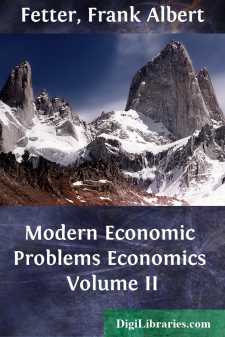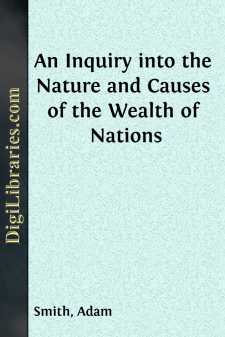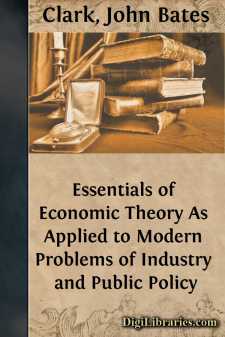Categories
- Antiques & Collectibles 13
- Architecture 36
- Art 48
- Bibles 22
- Biography & Autobiography 813
- Body, Mind & Spirit 142
- Business & Economics 28
- Children's Books 15
- Children's Fiction 12
- Computers 4
- Cooking 94
- Crafts & Hobbies 4
- Drama 346
- Education 46
- Family & Relationships 57
- Fiction 11828
- Games 19
- Gardening 17
- Health & Fitness 34
- History 1377
- House & Home 1
- Humor 147
- Juvenile Fiction 1873
- Juvenile Nonfiction 202
- Language Arts & Disciplines 88
- Law 16
- Literary Collections 686
- Literary Criticism 179
- Mathematics 13
- Medical 41
- Music 40
- Nature 179
- Non-Classifiable 1768
- Performing Arts 7
- Periodicals 1453
- Philosophy 64
- Photography 2
- Poetry 896
- Political Science 203
- Psychology 42
- Reference 154
- Religion 513
- Science 126
- Self-Help 84
- Social Science 81
- Sports & Recreation 34
- Study Aids 3
- Technology & Engineering 59
- Transportation 23
- Travel 463
- True Crime 29
Modern Economic Problems Economics Volume II
Description:
Excerpt
CHAPTER I
MATERIAL RESOURCES OF THE NATION
§ 1. Politico-economic problems. § 2. American economic problems in the past. § 3. Present-day problems: main subjects. § 4. Attempts to summarize the nation's wealth. § 5. Average wealth and the problem of distribution. § 6. Changes in the price-standard. § 7. A sum of capital, not of wealth. § 8. Sources of food supply. § 9. The sources of heat, light, and power. § 10. Transportation agencies. § 11. Raw materials for clothing, shelter, machinery, etc.
§ 1. #Politico-economic problems.# The word "problem" is often on our tongues. Life itself is and always has been a problem. In every time and place in the world there have been questions of industrial policy that challenged men for an answer, and new and puzzling social problems that called for a solution. And yet, when institutions, beliefs, and industrial processes were changing slowly from one generation to another and men's lives were ruled by tradition, authority, and custom, few problems of social organization forced themselves upon attention, and the immediate struggle for existence absorbed the energies and the interests of men. But our time of rapid change seems to be peculiarly the age of problems. The movement of the world has been more rapid in the last century than ever before—in population, in natural science, in invention, in the changes of political and economic institutions; in intellectual, religious, moral, and social opinions and beliefs.
Some human problems are for the individual to solve, as, whether it is better to go to school or to go to work, to choose this occupation or that, to emigrate or to stay at home. Other problems of wider bearing concern the whole family group; others, still wider, concern the local community, the state, or the nation. In each of these there are more or less mingled economic, political and ethical aspects. Economics in the broad sense includes the problems of individual economy, of domestic economy, of corporate economy, and of national economy. In this volume, however, we are to approach the subject from the public point of view, to consider primarily the problems of "political economy," considering the private, domestic, and corporate problems only insomuch as they are connected with those of the nation or of the community as a whole. Our field comprises the problems of national wealth and of communal welfare.
What then are our politico-economic problems in America? They are problems that are economic in nature because they concern the way that wealth shall be used and that citizens are enabled to make a living; but that are likewise political, because they can be solved only collectively by political action.
§ 2. #American economic problems in the past.# With the first settlements of colonists on this continent politico-economic problems appeared. Take, for example, the land policy. Each group of colonists and each proprietary landholder had to adopt some method of land tenure whether by free grant or by sale of separate holdings or by leasing to settlers....




